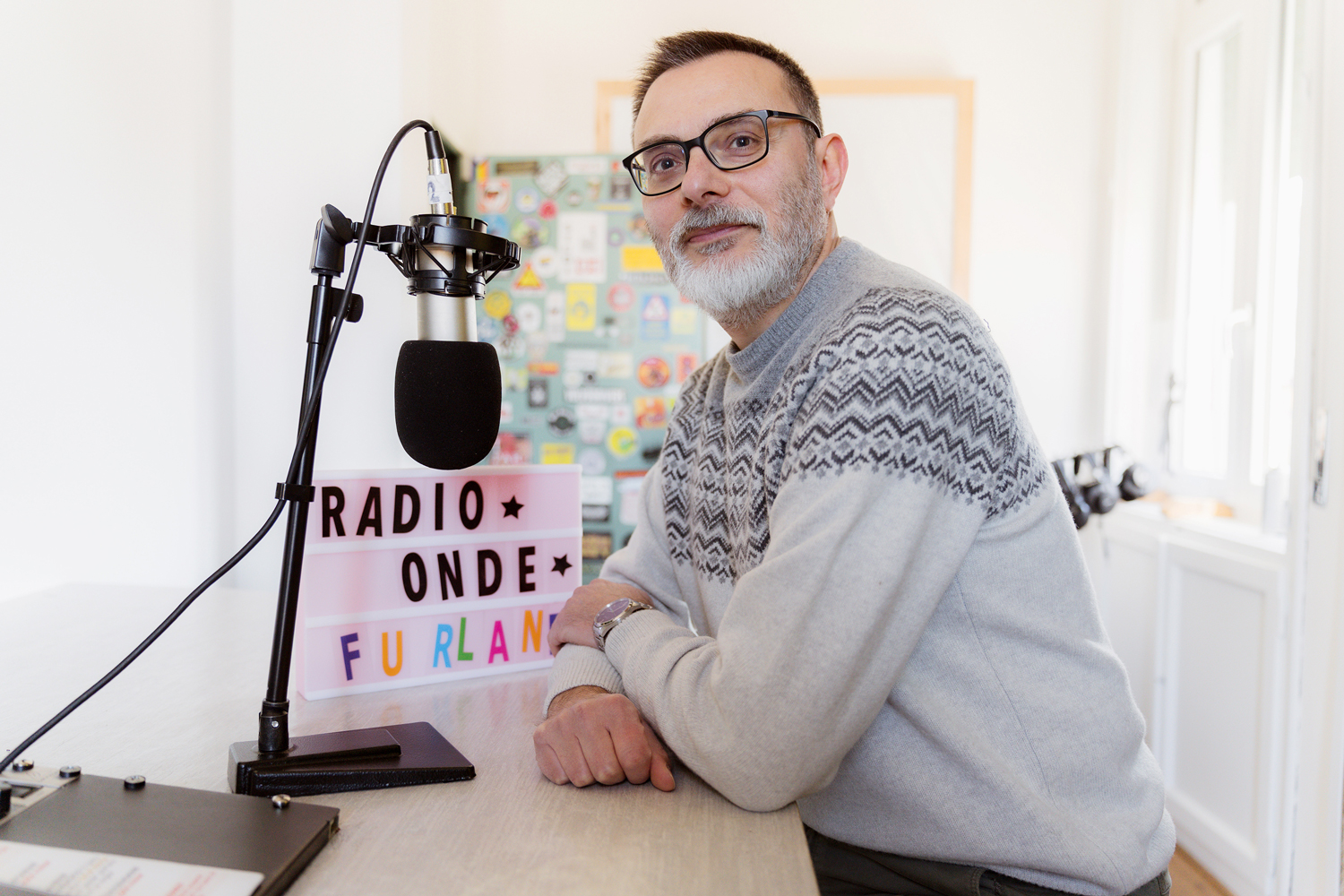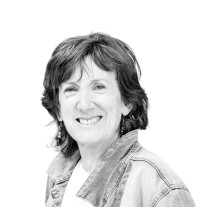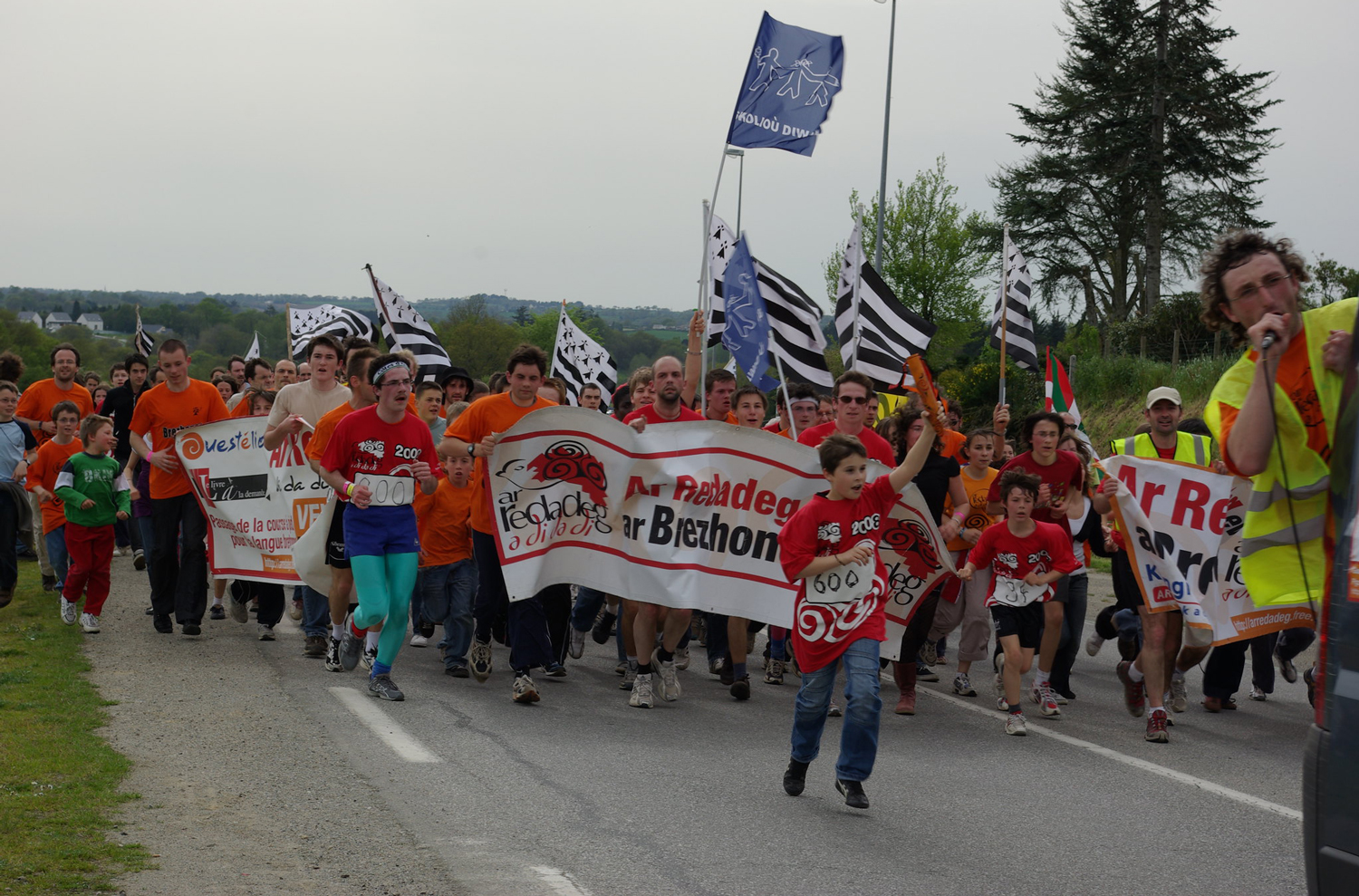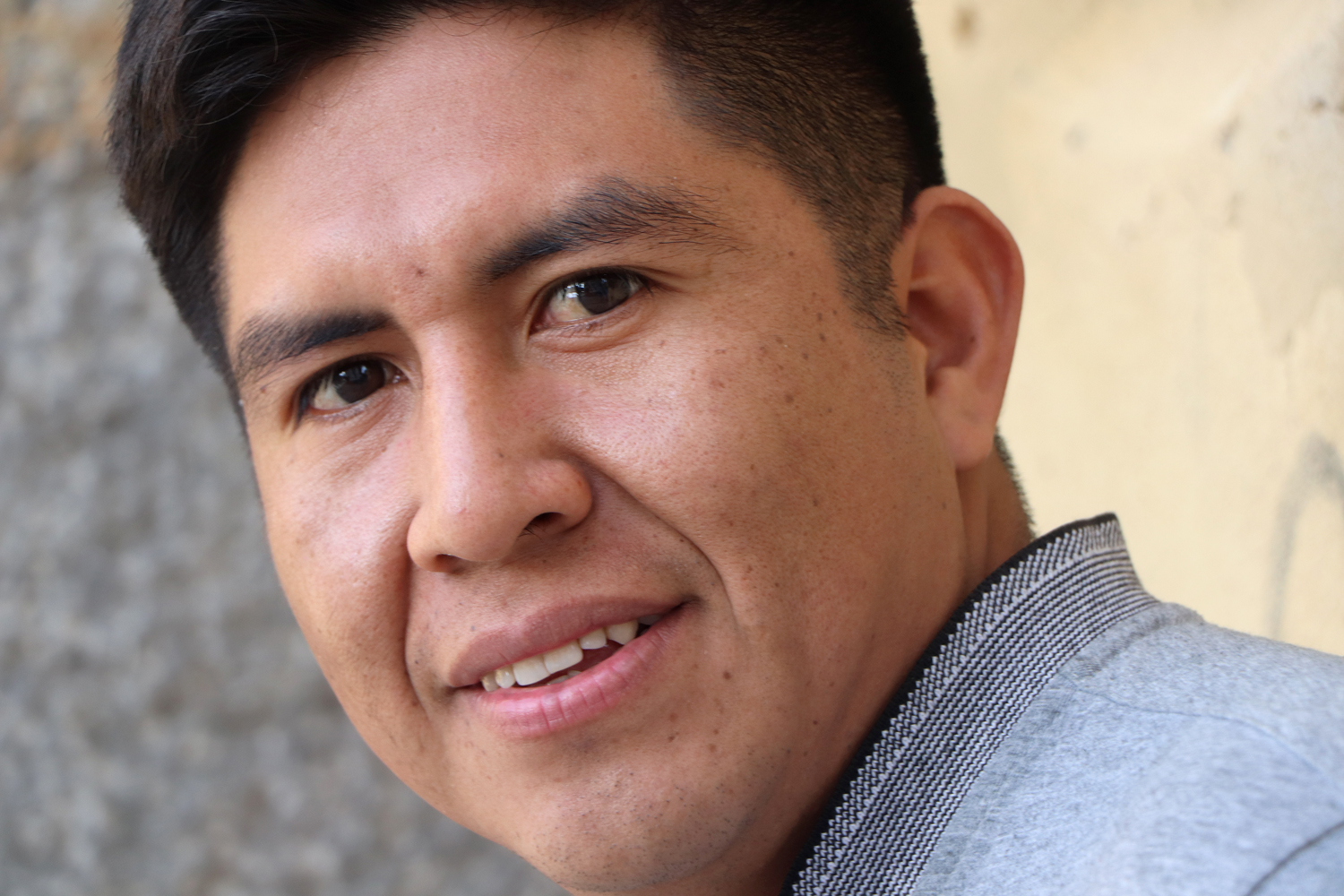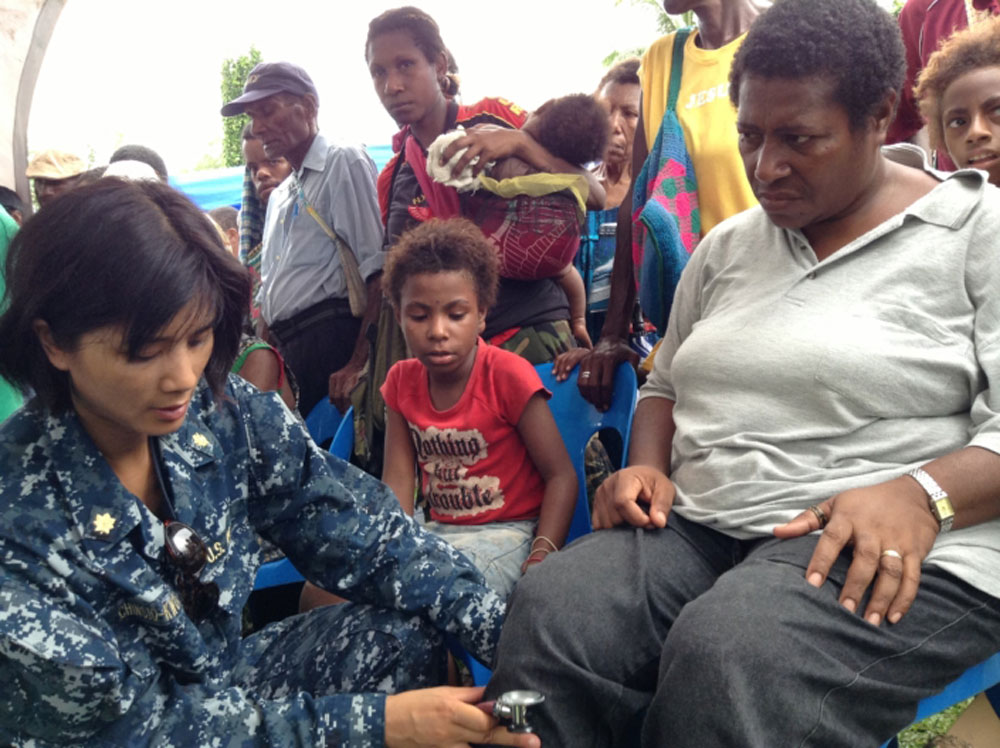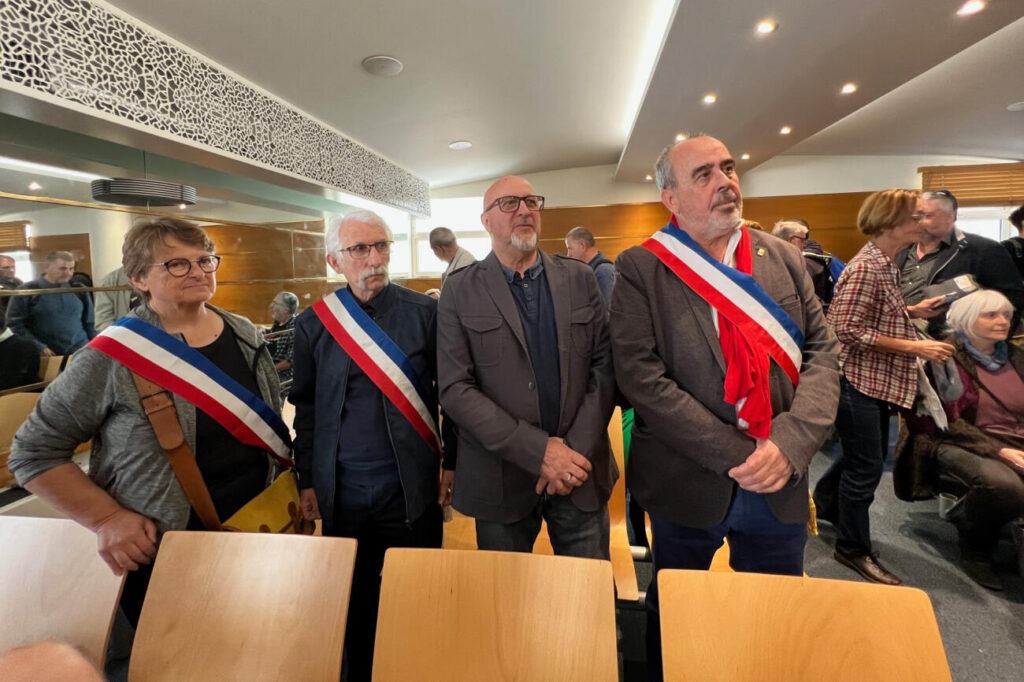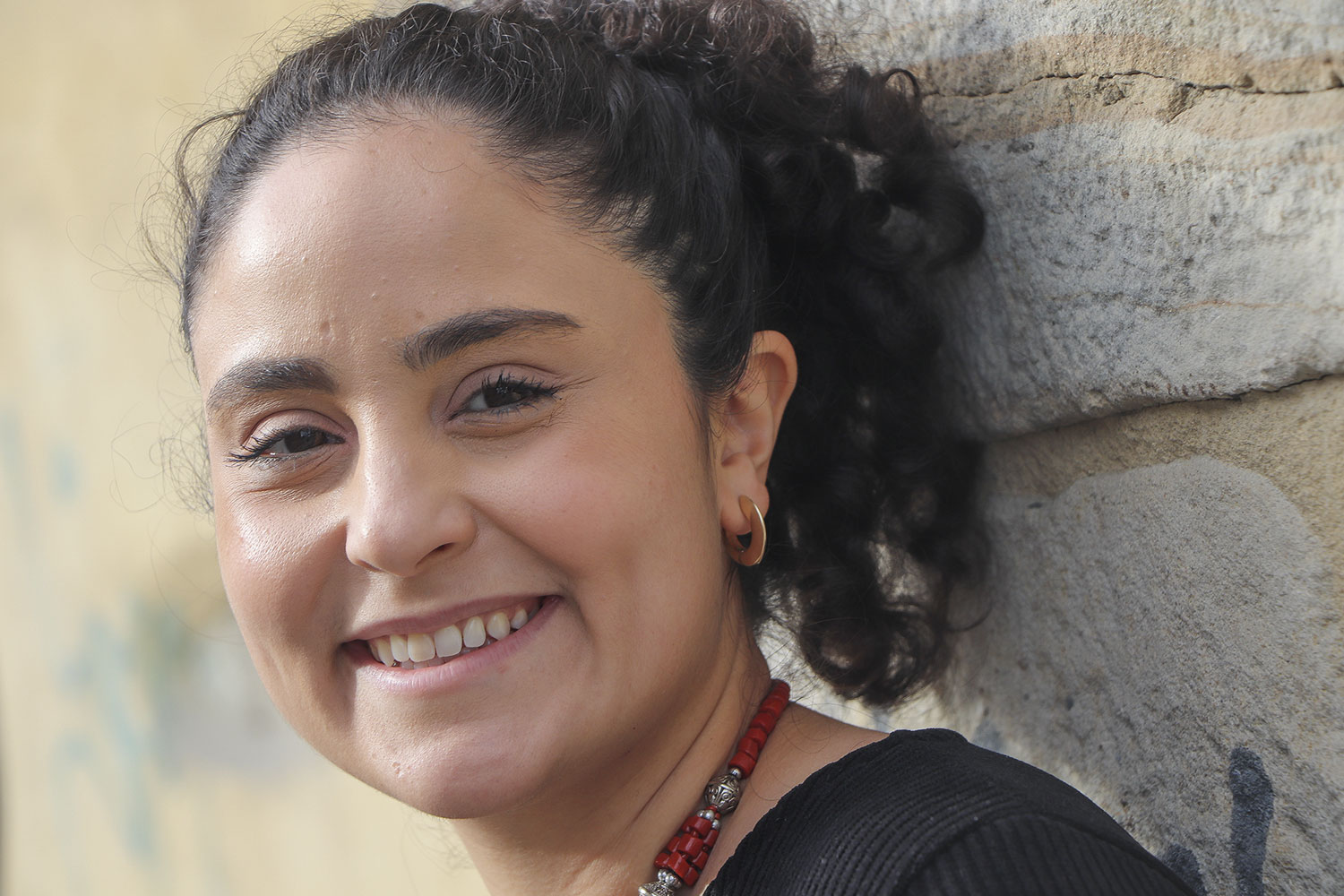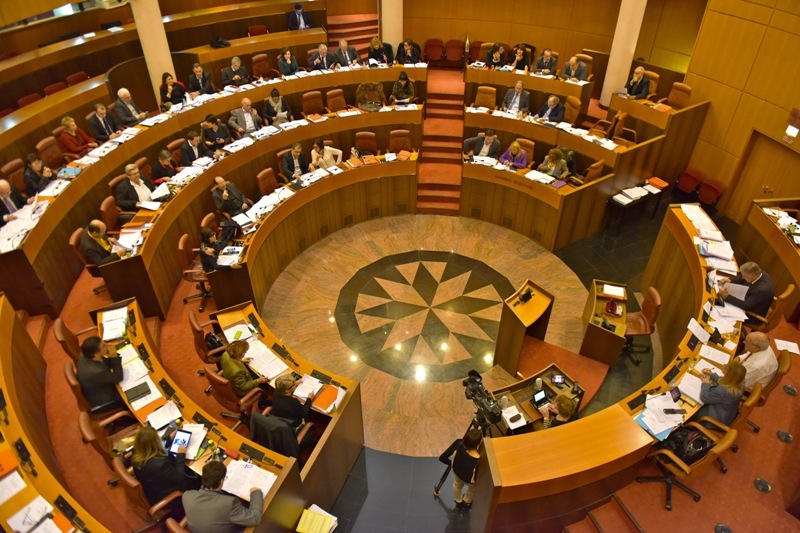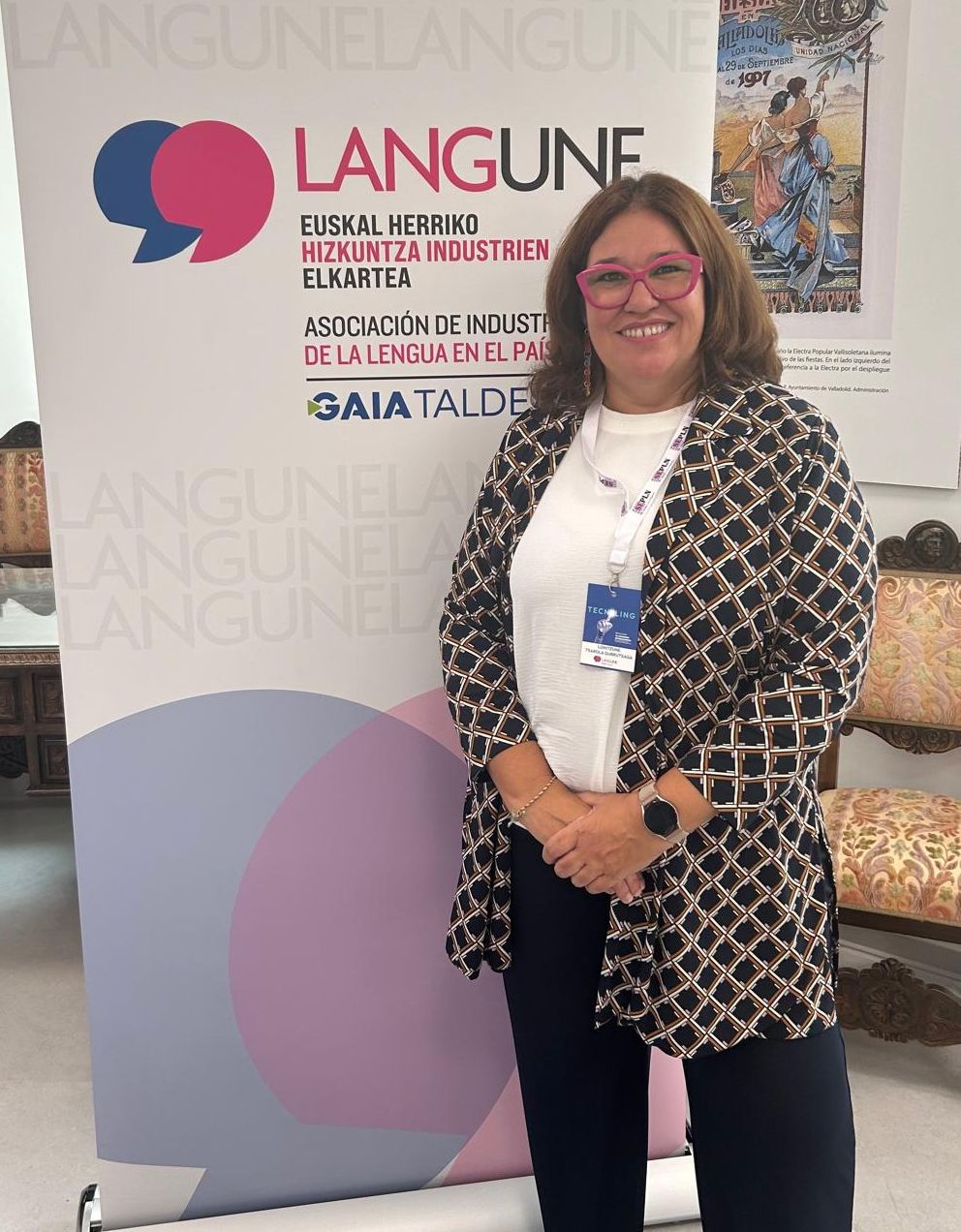The gala version of the game Once a day is on the street: Bob Dydd
- Once a day the gala version of the game, with a 12-week season and named Cwis Bob Dydd, has just come to market. The game was developed by the Basque company CodeSyntax, together with the Welsh producer Tinopolis, on behalf of its Welsh public television S4C and financed by the Government of Wales and S4C.

Wales and the Basque Country are almost equal in area (slightly more than 20,000 km2) and in population (slightly more than 3.1 million inhabitants), but their country is a single autonomous structure in the UK, known as a nation. The Galician language speakers are 750,000, slightly less than those who speak Basque according to statistics, but in a similar socio-linguistic and diglosic situation. It is also a language with a great linguistic distance from English, opaque to understanding, not as occurs between Catalan and Spanish.
In this context, seeing that the Eguna Behin has been successful in Basque, we launched a hook to the area of Wales in the hope that the game can succeed in the same situation. The hypothesis is unproven, but the idea has gained the support of television S4C and so the game/application Cwis Bob Dydd has been developed in recent months.
10 days ago the app and the game was published in silence under the radar, and today the S4C press release has been published. Rhodri ap Dyfrig, head of digital content on Galician television, says: "We hope you will learn from the success of the Basque application and have the same impact here in Wales." Jeremy Miles, Minister of Education and Language of the regional government, said: "Every day we want to increase the use of Galesa, Cwis Bob Dyff is a nice, more proud option to boost this project and I invite people to participate." An announcing bird also receives the endorsement of the Welsh Prime Minister, Mark Drakeford.
In mechanics and appearance, Cwis Bob Dydd is the same as on Previous Day. Given that the core is found in the contents, some questionnaires have moved from one version to another with a relatively simple adaptation/location: mathematical operations and sequences, for example, or world flags, in which the queue has been to translate the names of states; or counting accounts (such as the top image, where the formulation of questions has had to be translated). Other contents, such as anagrams (inventing the word from confusing letters) or soups of letters, have had more adaptations in Basque.
And of course, there are specific questionnaires that collect people, corners and historical, cultural or linguistic data from Wales. For example, guess who rugby is:

In localization work, this celtic language has brought some changes. Who is it? or "Who's this athlete?" But the Welsh is a language with gender, and you have to differentiate the questions.
- Pwy yw'r chwaraewr yma? (to ask about male athletes)
- Pwy yw'r chwaraewraig yma? (female athletes)
- Pwy yw hi? (Who is, woman)
- Pwy yw e? (Who is, man)
The alphabet of Wales has also given us some headaches, as some digraphs are considered as a single letter and, therefore, a bit of letter soups... with proposals like this:

In addition to the content, the interface and explanations of the application are also included.

And the same name, of course, Cwis Bob Dydd, in this case with a very similar sense. A quiz a day (Cwis is in English Quiz, the question and answer game).
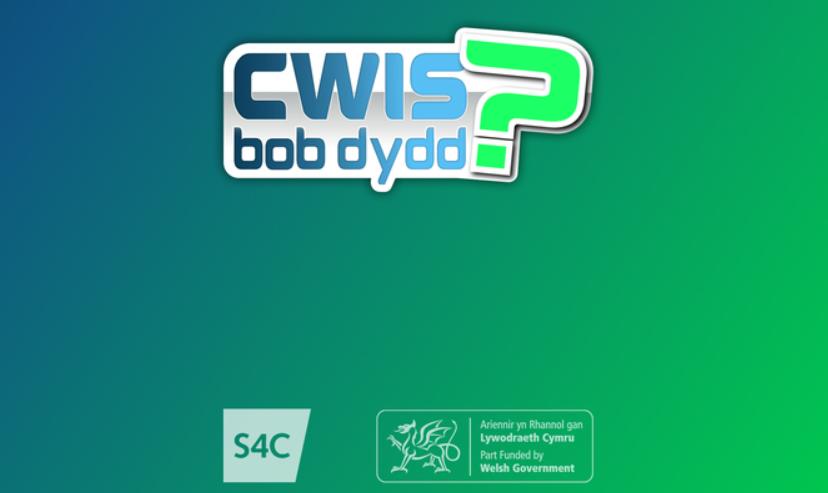
Lagun asko sumatu dut kezkatuta euskaldun gero eta gutxiagok ahoskatzen duelako elle-a. Haur eta gazte gehienek bezala, heldu askok ere galdu du hots hori ahoskatzeko gaitasuna, idatzian ere nahasteraino. Paretan itsatsitako kartel batean irakurri berri dugu: altxorraren biya... [+]
570.000 familiak euren haurren ikasgeletako hizkuntza nagusia zein izango den bozkatzeko aukera dute martxoaren 4ra arte: gaztelera edo katalana. Garikoitz Knörr filologoaren eta euskara irakaslearen arabera, kontsultak "ezbaian" jartzen du katalanaren zilegitasuna... [+]
Iragan urtarrilaren hondarrean, Bretainiako lurraldeko bi hizkuntza gutxituei buruzko azken inkesta soziolinguistikoaren emaitzak publiko egin zituzten bertako arduradunek. Haiek berek aitortu zuten harriturik gertatu zirela emaitzak ikustean. Hain zuzen ere, egoerak eta... [+]
Oinarrizko maia komunitateko U Yich Lu’um [Lurraren fruitu] organizazioko kide da, eta hizkuntza biziberritzea helburu duen Yúnyum erakundekoa. Bestalde, antropologoa da, hezkuntza prozesuen bideratzaile, eta emakumearen eskubideen aldeko aktibista eta militante... [+]
Korsikako legebiltzarkideek ezin dute Korsikako Asanblean korsikeraz hitz egin, Bastiako Auzitegiaren 2023ko epai baten arabera. Ebazpen horri helegitea jarri zion Asanbleak, baina debekua berretsi du orain auzitegi berak. Epaiak tokiko beste hizkuntzei eragiten diela ohartarazi... [+]









